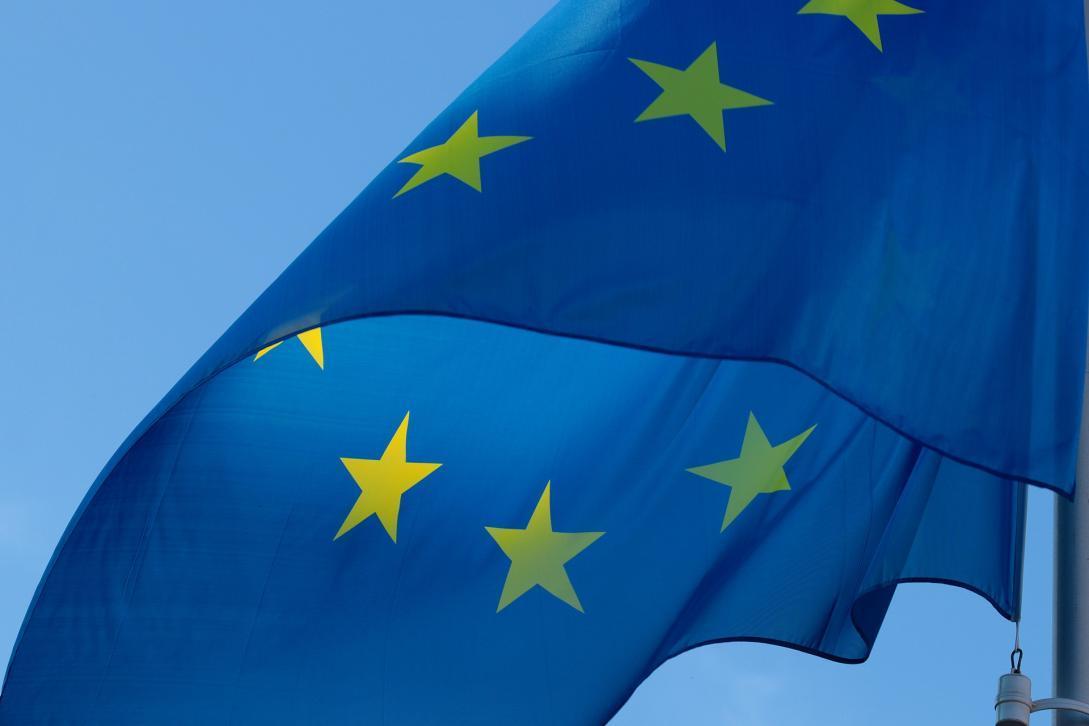EU invests €4.8 billion of emissions trading revenues in innovative net-zero projects

The Commission has selected 85 innovative net-zero projects to receive €4.8 billion in grants from the Innovation Fund, helping to put cutting-edge clean technologies into action across Europe. For the first time, projects of different scales (large, medium and small, alongside pilots) and with a cleantech manufacturing focus are awarded under the 2023 call for proposals. This is the largest since the start of the Innovation Fund in 2020, boosting the total amount of support to €12 billion and increasing the number of projects by 70%.
The selected projects are located in 18 countries: Belgium, Denmark, Germany, Estonia, Greece, Spain, France, Croatia, Italy, Hungary, Netherlands, Austria, Poland, Portugal, Slovakia, Finland, Sweden and Norway. They cover a wide range of sectors from the following categories: energy-intensive industries, renewable energy, energy storage, Industrial Carbon Management, net-zero mobility (including maritime and aviation) and buildings.
The selected projects are set to enter into operation before 2030 and over their first ten years of operation are expected to reduce emissions by about 476 million tonnes of CO2 equivalent. This will contribute to European decarbonisation objectives, reducing emissions from those sectors that are particularly difficult to decarbonise, strengthen European industrial manufacturing capacity and reinforce Europe's technology leadership and supply chain resilience.
Supporting industrial innovation for key policy objectives
Selected projects particularly contribute to reaching the following EU policy objectives:
Cleantech manufacturing: In line with the Net-Zero Industry Act (NZIA), clean-tech projects selected will develop, build and operate manufacturing plants for key components in wind and solar energy and for heat pumps, as well as components for electrolysers, fuel cells, energy storage technologies and the batteries value chain. Selected projects will contribute to 3 GW of solar photovoltaic manufacturing capacity in the EU and 9.3 GW of electrolyser manufacturing capacity in the EU, further strengthening EU's clean energy infrastructure.
Energy-intensive industries: Selected projects will support various technologies to cut net greenhouse gas emissions in energy-intensive industries, target renewable energy integration, heat and energy storage solutions, recycling and reuse, as well as electrification.
Industrial carbon management: Projects selected in this call will capture CO2 and contribute 13% of the NZIA target of storing at least 50 million tonnes of CO2 per year from various hard-to-abate sources in energy-intensive industries, such as cement and lime, (bio)-refineries, chemicals and waste-to-energy.
Renewable hydrogen: Selected projects will deliver 61 kilotonnes of RFNBO (renewable fuel of non-biological origin) annually, contributing to increase the use and production of renewable energy in hydrogen in hard-to-abate applications in industry and transport.
Net-zero mobility: Projects will help cut emissions in the mobility sector, with the maritime sector benefiting the most. These projects involve building and retrofitting vessels for RFNBO fuels and electricity use, as well as reducing emissions in road transport component manufacturing. Awarded projects will also support sustainable transport fuels, producing 525 kilotonnes of renewable fuels per year.
The selected projects were evaluated by independent experts against five award criteria: potential to reduce greenhouse gas emissions; degree of innovation; operational, financial, and technical maturity; replicability; and cost efficiency.
Next steps
Successful applicants are due to sign their grant agreements with the European Climate, Infrastructure and Environment Executive Agency (CINEA) in the first quarter of 2025.
In addition to the 85 projects selected for funding, other promising but insufficiently mature projects will receive project development assistance from the European Investment Bank.
For the first time, all the 149 projects that scored above all Innovation Fund evaluation thresholds (including 64 non-funded projects) are awarded the STEP Seal - the EU's new quality label to be awarded to high-quality projects contributing to the objectives of the Strategic Technologies for Europe Platform (STEP). The STEP Seal is to facilitate access to further opportunities of public and private support for these projects. Information related to those projects will be available at the end of November 2024 on the STEP Portal.
The Commission will launch the next call for proposals under the Innovation Fund in early December 2024.
Background
The EU ETS Innovation Fund is one of the world's largest funding programmes for the deployment of net-zero and innovative technologies. It is one of the key tools of the European Green Deal Industrial Plan. With an estimated revenue of €40 billion from the EU Emissions Trading System between 2020 and 2030, the Innovation Fund is designed to create financial incentives for companies and public authorities to invest in advanced net-zero and low-carbon technologies, supporting Europe's transition to climate neutrality. So far, the Innovation Fund has awarded about €7.2 billion to more than 120 innovative projects across the European Economic Area (EEA) through previous calls for proposals.
The Innovation Fund is implemented by the CINEA, while the European Investment Bank (EIB) provides the project development assistance to promising projects that are not sufficiently mature for Innovation Fund grants.
The 2023 call for proposals of the Innovation Fund attracted 337 project applications of which 283 were eligible and admissible for evaluation. Among the 85 selected projects, the Innovation Fund is now also supporting projects in Estonia and Slovakia, enlarging the list of countries receiving funding.





